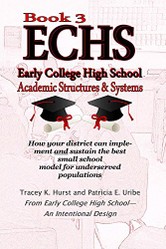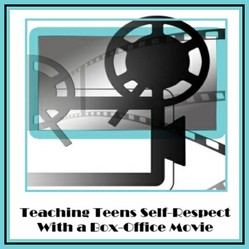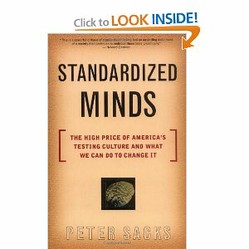For years high school students could, if they qualified, earn college credit. At first Advanced Placement Courses were the best option available to those students wishing to start college with a few credits earned prior to really getting there. In lieu of taking these courses, proving proficiency in a college course through a placement exam might be selected. Then, some colleges started offering college courses to qualified high school students. A student would, in the junior or senior year, take one or two college courses per semester. Now, there is the early College Option, a program that allows a high school student to take more courses for college level, and even earn an Associates Degree.
These programs have advantages, and disadvantages. We will examine these programs here so a better understanding of what these programs provide, and what might be the results of embarking on one of them. Please be aware that what is right for one student is not necessarily right for another. The reason for familiarizing yourself with the details is to enable you to make an informed choice. And, to complicate matters each program is unique, so be ready to ask questions. After reading the article you should be ready to ask the right questions before enrolling your son or daughter in an early College Option Program.
Although we will look at all of the programs, the Early College Option is the focus of most of this article.







 Multivariable Calculus: Gradient, Divergence, and Curlon 12/19/2025
Multivariable Calculus: Gradient, Divergence, and Curlon 12/19/2025
 UAPs, Formerly UFOs, If They Are Real How Can We Explain Their Arrival to Earth?on 12/18/2025
UAPs, Formerly UFOs, If They Are Real How Can We Explain Their Arrival to Earth?on 12/18/2025
 Polar Coordinate Systemon 12/16/2025
Polar Coordinate Systemon 12/16/2025
 Aurora Can Disrupt Electrical Devices And Even the Grid?on 12/15/2025
Aurora Can Disrupt Electrical Devices And Even the Grid?on 12/15/2025



Comments
I know it has been around for some time. We just had the first group finish a four program, and 21 of 31 made it through, so it is not for everybody. Of course, the standards had to be lowered due to lack of initial interest. Now, over a hundred a year are applying. I do not know of any studies, I believe it is a new concept and there is not enough of a sample to draw a good conclusion. I know we are trying to add a second group, this time online students.
blackspanielgallery, Have there been any studies correlating early college program preferences and success of high school students with subsequent college majors and career paths? This arrangement may be attractive to sixteen- and seventeen-year-olds who already know that they strongly want STEM-related research and teaching jobs.